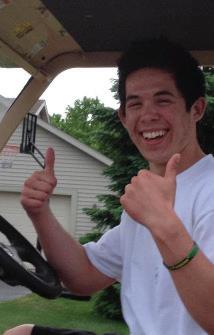
5 minute read
Continuing the Conversation
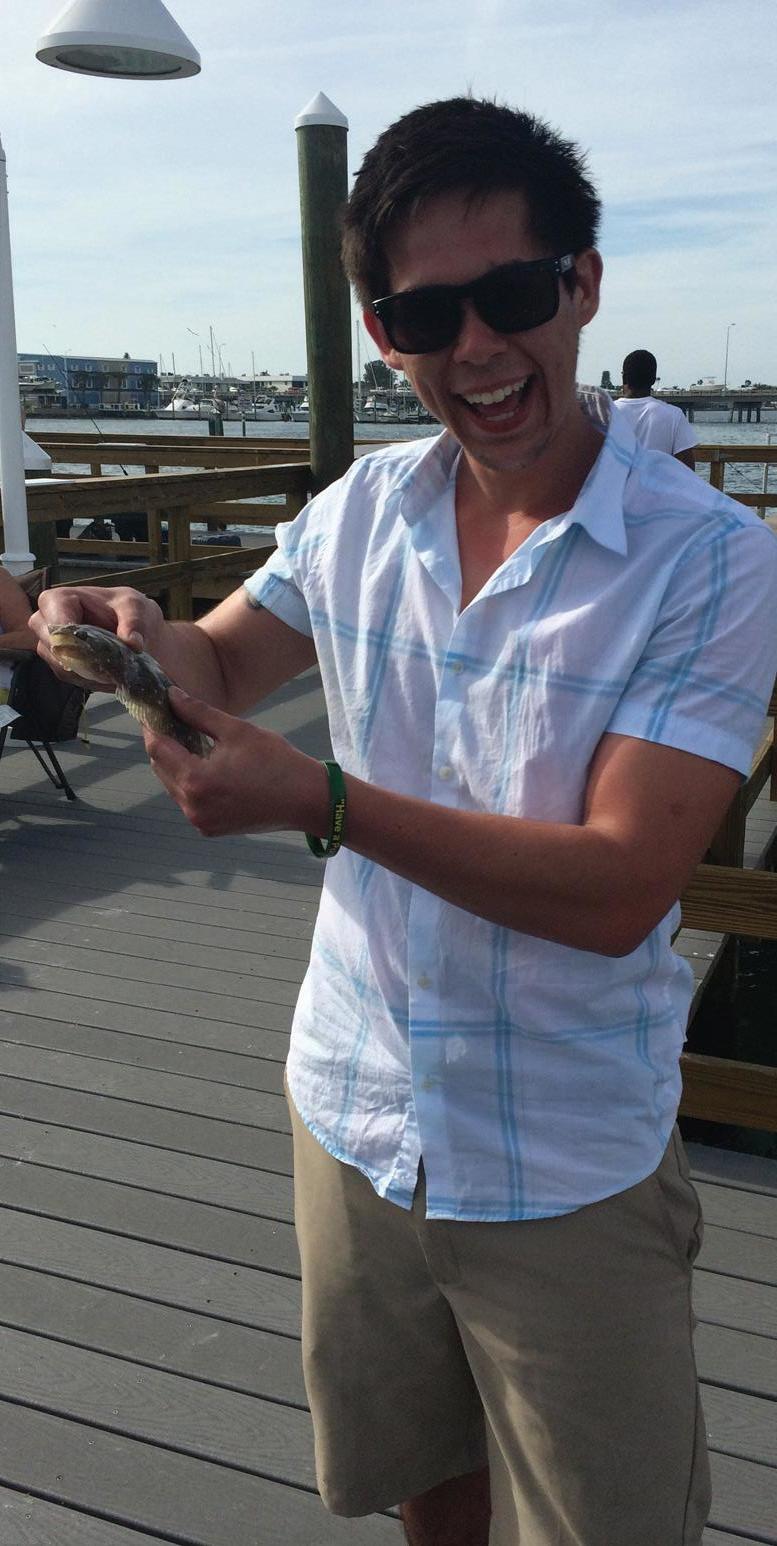
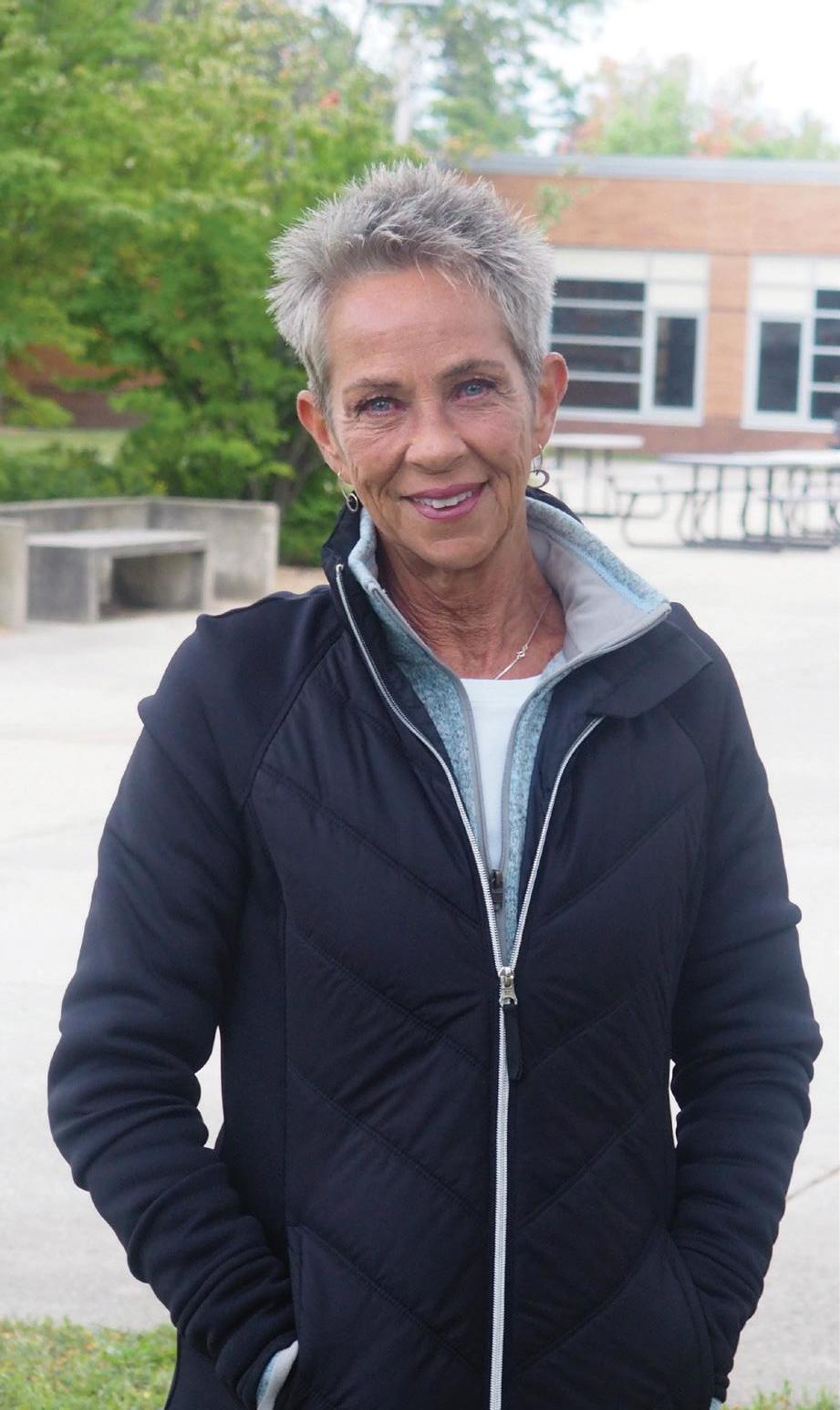
Advertisement
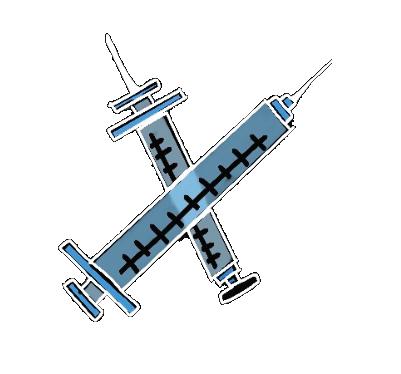
by Elizabeth Phillips content editor
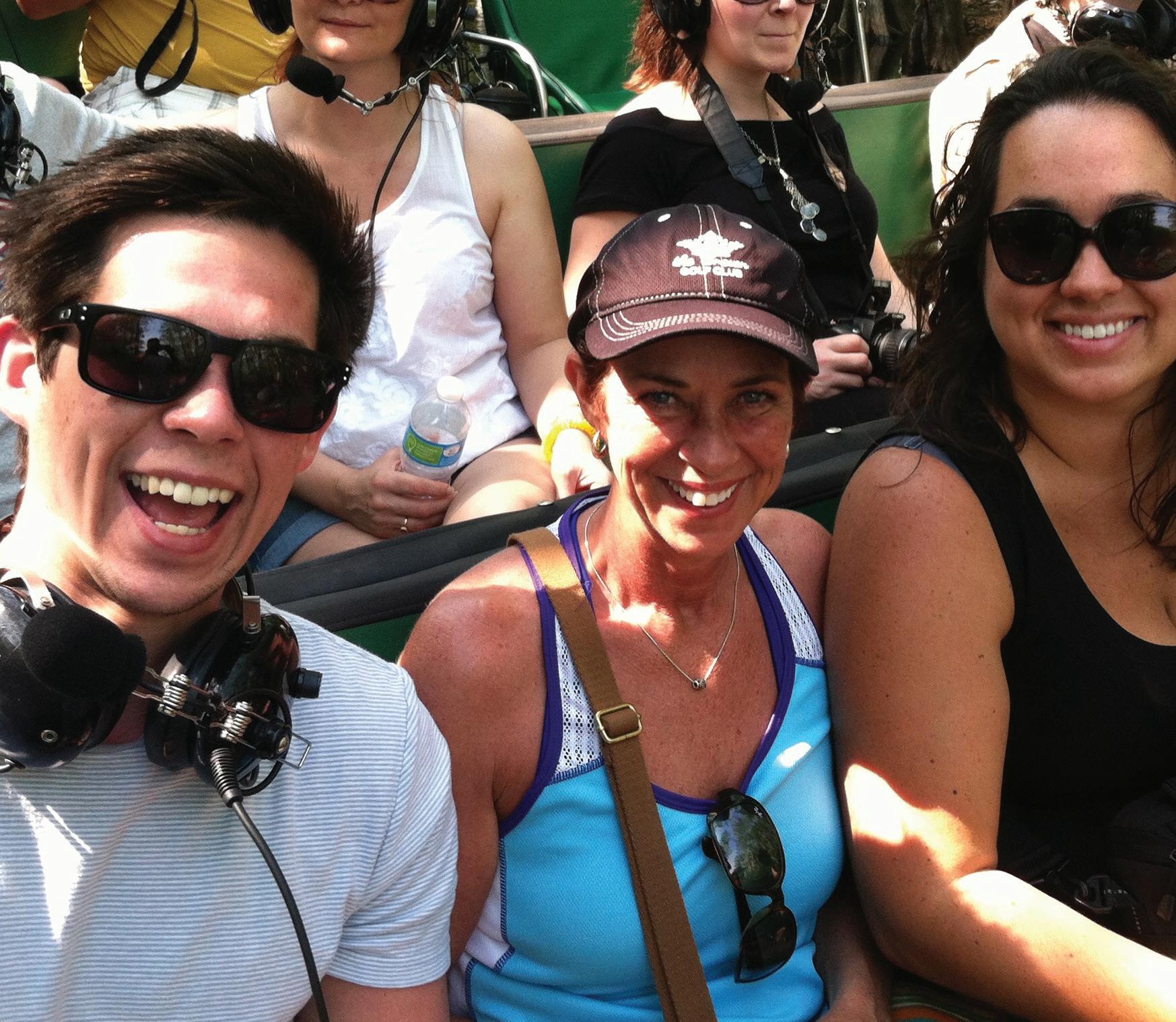
A follow-up with a grieving mother and recovering addict four years after her son’s passing
Graphic: A. McGraw
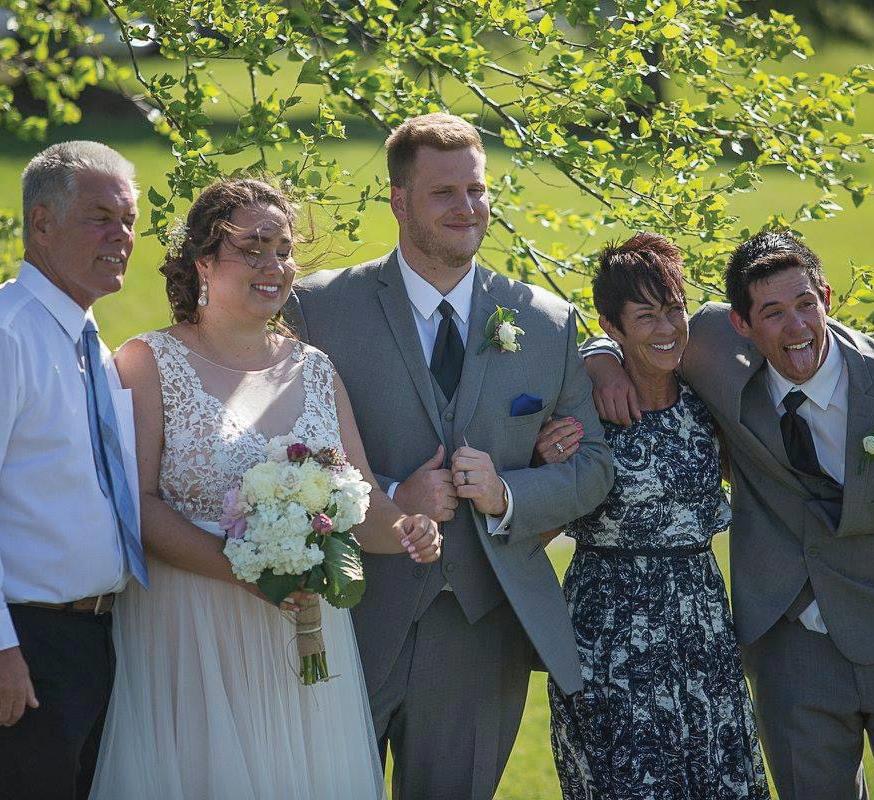
t’s been four years since any parent’s worst nightmare came true for Traverse City local Anne Grizzel. Forty-eight months since she last heard an “I love you” from her son. Fourteen hundred days since they shared their last hug. Thirty five thousand hours since she watched him play in his last hockey game. It’s been four years since she decided to take her family’s story to the public. Anne’s son, Alex, struggled throughout his teenage years with an unruly addiction to opioids that led to his untimely death in October of 2017. Mere hours before his overdose, Alex had the taste of sobriety at the tip of his tongue, vowing to his family that he was finally going to kick the addiction. “Sobriety is a real tricky thing,” Anne notes, “but in the addict’s life, you find little pieces of sobriety, and it’s like a piece of gold.” In the wake of Alex’s death, Anne had several different paths she could have taken: completely shut everyone out and spent the rest of her life mourning her son alone, keep her family’s trouble a secret from the public out of fear of judgment, or take her experience and share it with the community to promote change and awareness of the fatal disease that addiction is. Luckily for the community, Anne chose to spread her story. Sharing her story was a way for Anne to start the difficult conversations surrounding addiction—conversations that she couldn’t have when struggling with addiction herself. “My goal was to change the stigma, and get this community to at least ask questions and be kind . . . [I wanted] to reach out and try and make it different for somebody else.” Up until about 10 years ago, Anne was severely addicted to alcohol, which took a devastating toll on her life. “Alex and [his sister] grew up with a drunk mom,” Anne reflects. Until recently, addiction was significantly more taboo, which meant the resources necessary for curbing addiction were very inaccessible. Seeking help to find her piece of gold all those years ago, Anne searched throughout the community but came up short many times. Her experience as an addict raising a child who was battling the same disease, combined with the lack of addiction treatment and resources, empowered Anne to help others battling addiction. It was in this journey that Anne discovered her true purpose in life and found the ticket to preserving her sobriety: helping others around her. One of the very first things Anne accomplished on her quest to change the stigma surrounding addiction was her participation in the 2018 documentary entitled “Predator and Prey.” Accompanied by several other recovering addicts and grieving parents in the documentary, Anne took the first step toward localizing addiction for all. Since the release of “Predator and Prey,” Anne has become an advocate for Addic-
Ition Treatment Services (ATS), a local organization focused on providing substance abuse treatment and support for addicts in the recovery process. She is also a board member of Families Against Narcotics (FAN), a Michigan-based organization whose goal is to support and educate families and communities of the dangers of opioid addiction. “Within this group, we have so many resources to help the family members, to help the addicts struggling, and to help the addict try to find recovery. Part of that missing link is those gaps that we have to fill. We have to help them find housing and things like that, so that’s part of the things that I do,” Anne explains. She works tirelessly to help anyone struggling with any aspect of addiction get the help they need, whether it be the parent or family of an addict or the addict themselves. For family members watching their loved ones battle addiction, she recommends taking the problem to the public and starting the difficult conversations surrounding the issue. “Don’t sit in your house and go, ‘Honey, God, he’s struggling.’ Don’t do that. Don’t do that anymore. No, you’ve gotta take it out into the community and say, ‘Help me. Who do I talk to?’” Anne advises. “And ask the questions. Don’t be afraid of the answers. Because that holds a lot of people back. Just love each other and help each other. Be a fountain, not a drain,” Spreading information and educating others is also something that Anne prominently advocates for, and it was one of her main reasons for agreeing to do “Predator and Prey.” “That’s why I had the courage to do it to begin with. [Having] all these new people coming into this is really, really powerful,” Anne claims. She recently became a grandmother, and having grandchildren has also reinforced this point. “I’ve got grandkids now, and I want them to know the potential risk and danger. I want them to know what the future holds. And I want them to know what can be taken away quickly,” she says. While some progress towards change has been made, other things Anne has advocated for still need some work. “I’d like to see many, many changes, but the reality is that it’s still the same. It still is the same problem. The stigma and shame have not gone away.” Anne has been able to grow, not only within the addiction community, but within herself. She has worked through the horrible challenges thrown at her with immense grace. Her advocacy and work has helped an incredible amount of people and will continue to do so for years to come. Anne hopes everyone will continue the conversations surrounding addiction, and that we will continue to strive towards a better future for those in the addiction community. //










